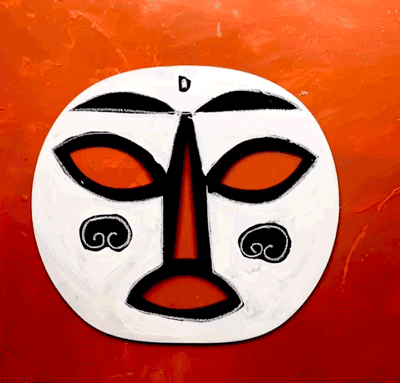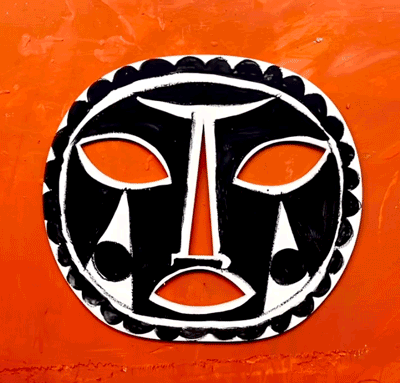Mexico translated
A
Adobo (noun)
a paste or marinade of chillies, vinegar, herbs and spices for flavouring meat or fish.
Antojitos (noun)
Mexican street foods and snacks, sometimes served as appetizers in restaurants.
Curiosity: Antojitos are sold in street stalls and markets all over Mexico.
Aztec (adjective)
of the Mesoamerican civilization in Mexico when the Spanish invaded.
Curiosity: Mexican food is a mix of Mayan, Aztec and Spanish cuisines.

B
Burrito (noun)
C
Capirotada (noun)
Carne adobada (noun)
Ceviche (noun)
Champurrado (noun)
a warm, thick, frothy Mesoamerican chocolate drink.
Chilaquiles (noun)
Chile relleno (noun)
stuffed chilli pepper covered in batter and deep-fried.
Churro (noun)
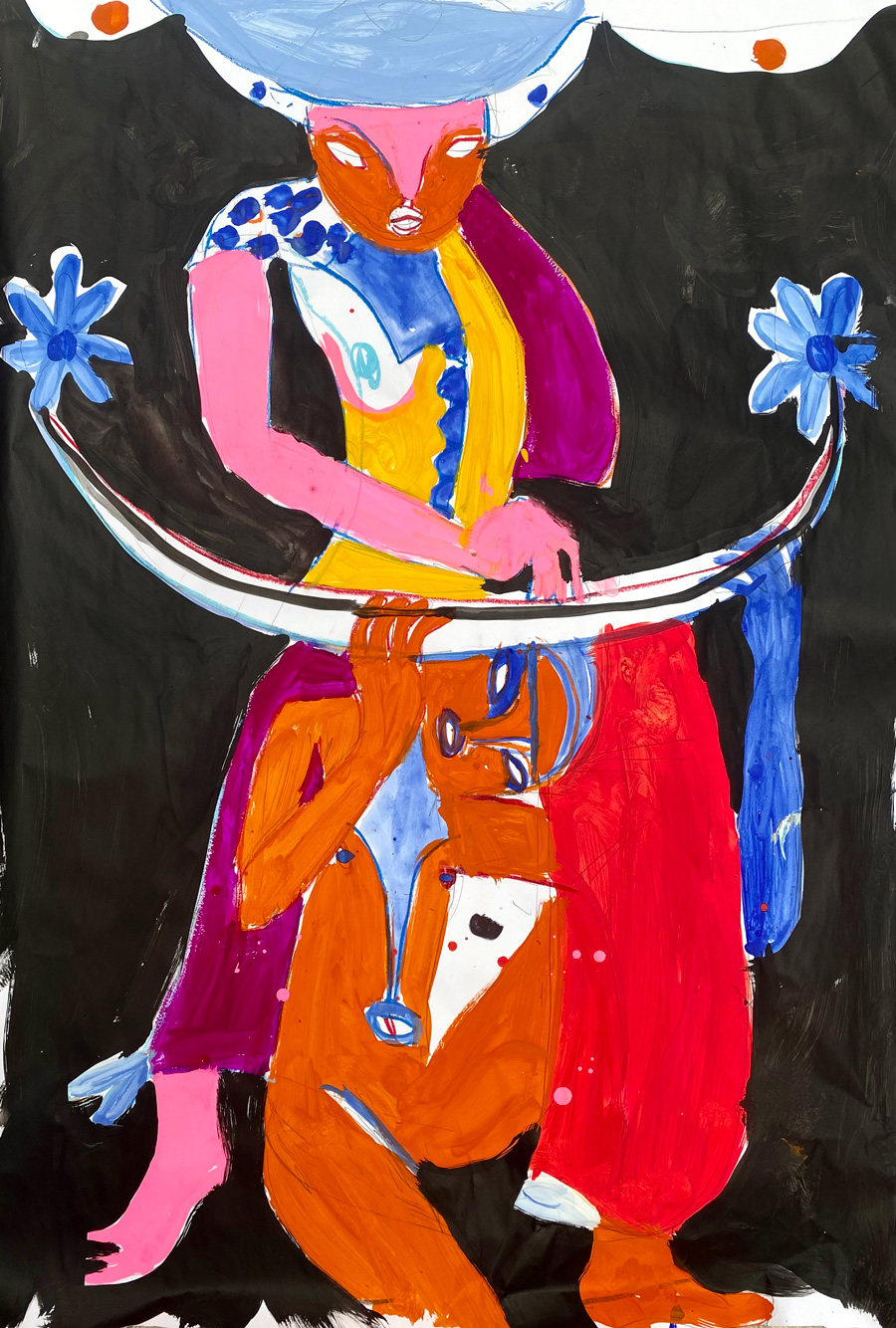
E
Enchilada (noun)
a tortilla with a filling of meat or cheese served with chilli sauce, eaten as an appetizer or main course.
Curiosity: enchiladas have been part of Mexican cuisine since Mayan times.
F
Fajita (noun)
Flauta (noun)
G
Gordita (noun)
Guacamole (noun)
M

Maya ou Maia (noun)
of the Mesoamerican civilization in Mexico circa 2000 BC to 1300 AD.
Curiosity: many of today’s Mexican dishes are from Mayan cuisine.
Menudo (noun)
Mesoamerican (adjective)
related to the civilizations in Mexico and Central America before the Spanish invasion.
Curiosity: Mesoamerican farmers have been growing maize for over 10,000 years.
Mole (noun)
N
Nachos (noun)
tortilla chips covered with cheese and various other ingredients.
Curiosity: nachos were invented near the border of Mexico and Texas in the 1940s.
P
Pan Dulce (noun)
Q
Quesadilla (noun)
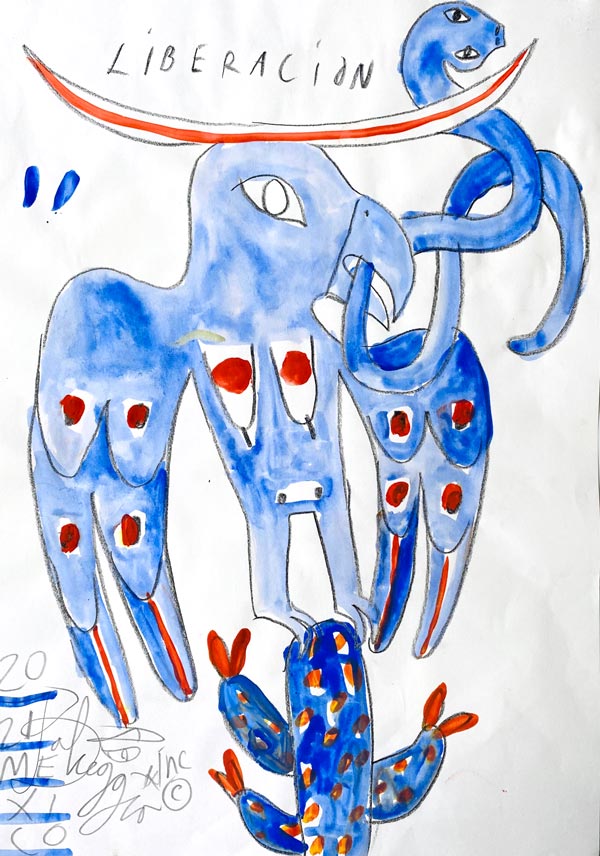
S
Salsa (noun)
Sopapilla (noun)
T
Taco (noun)
Tamal (noun)
Tex-Mex (adjective)
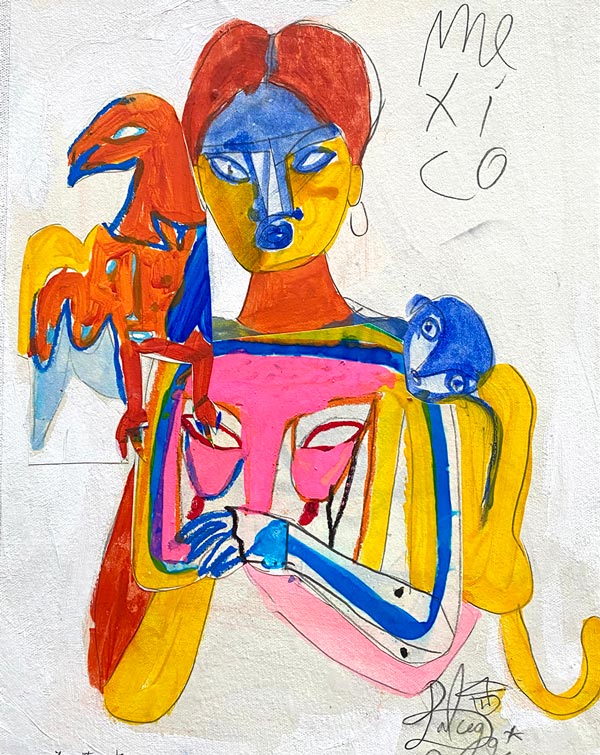
Tortilla (noun)
Tostada (noun)
The 7 regions of Mexican cuisine
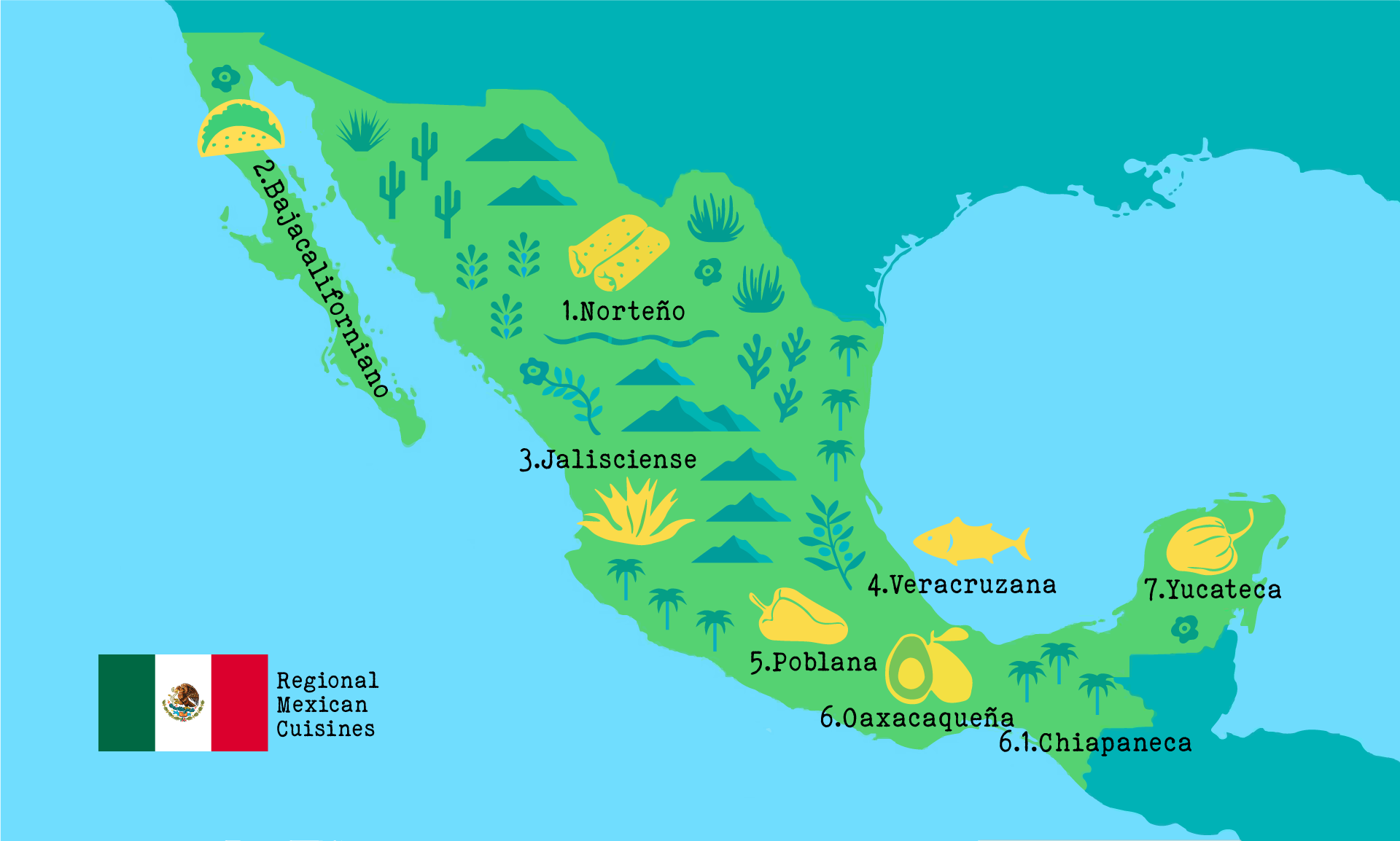








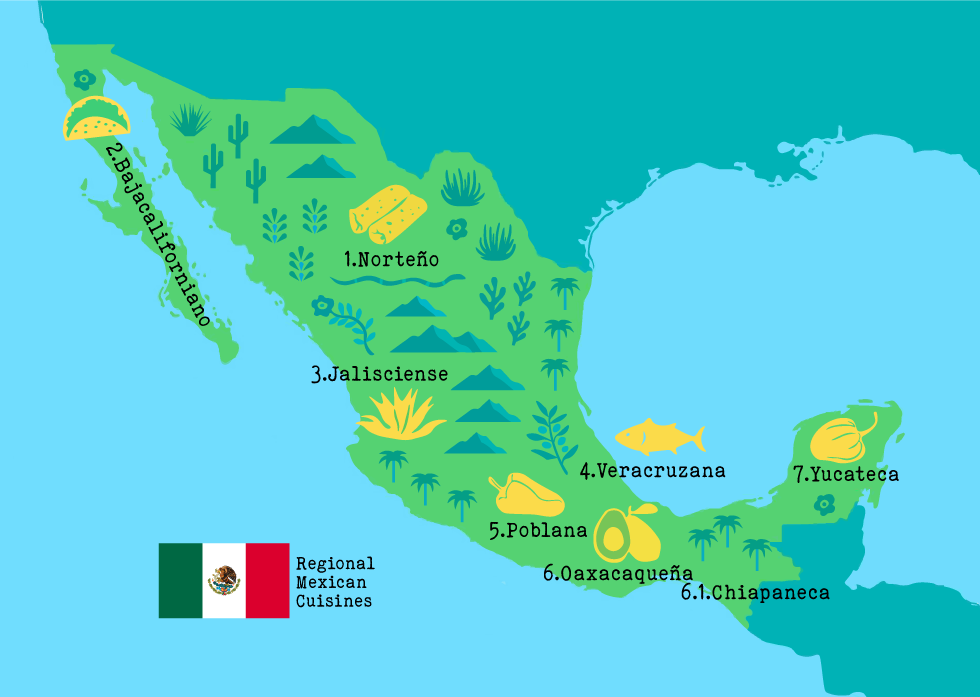








Proverbs
A darle, que es mole de olla - Let’s get to it, it’s mole de olla
This phrase is an invitation to get down to work immediately and without excuse. It implies that the work is complicated and will require some time and compromise. Mole de olla may not be the most back-breaking of moles, but it still deserves respect…
¡No son enchiladas! - It’s not enchiladas!
This phrase is used to compare the difficulty of your actual duties with the apparent ease behind enchiladas preparation (a typical dish prepared by submerging tortillas in any kind of salsa and stuffing them with chicken or cheese). It’s similar to the english expression “It’s not a walk in the park”. “Enchilame otra,” is another quirky phrase that would translate as “spice this one up for me,” and is derived from the same assumption, like “if it’s so easy, go ahead and do it yourself.”
Le echas mucha crema a tus tacos - You’re putting too much cream on your tacos
Te están dando atole con el dedo - They’re giving you atole by the finger
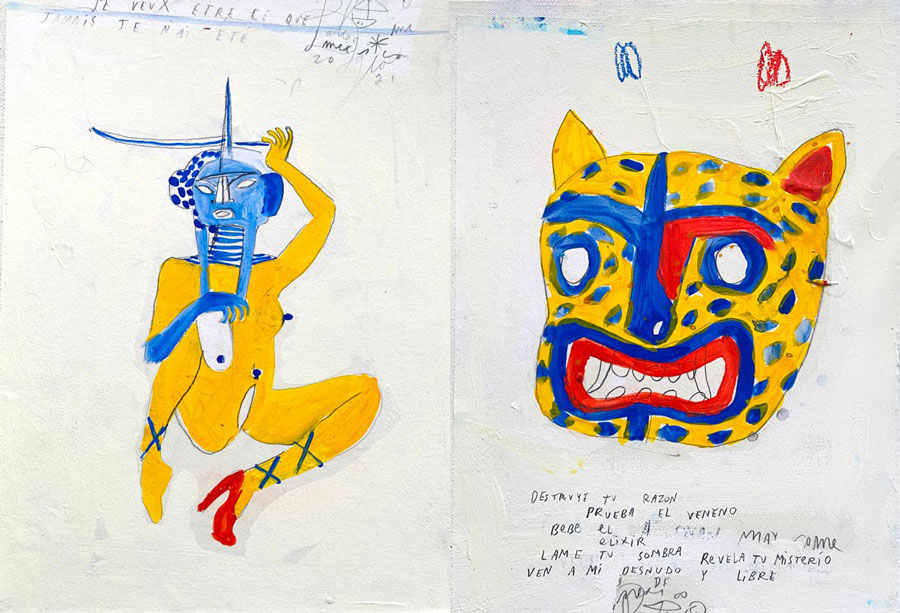
Mucho ruido y pocas nueces - So much noise and so few nuts
Las penas con pan son buenas - The pains with bread are ok
Al pan, pan y al vino, vino - To bread, bread and to wine, wine
Eres el anjonjolí de todos los moles - You’re the sesame seed in every mole
Hasta a la mejor cocinera, se le queman los frijoles - Even the best cook let her beans burn
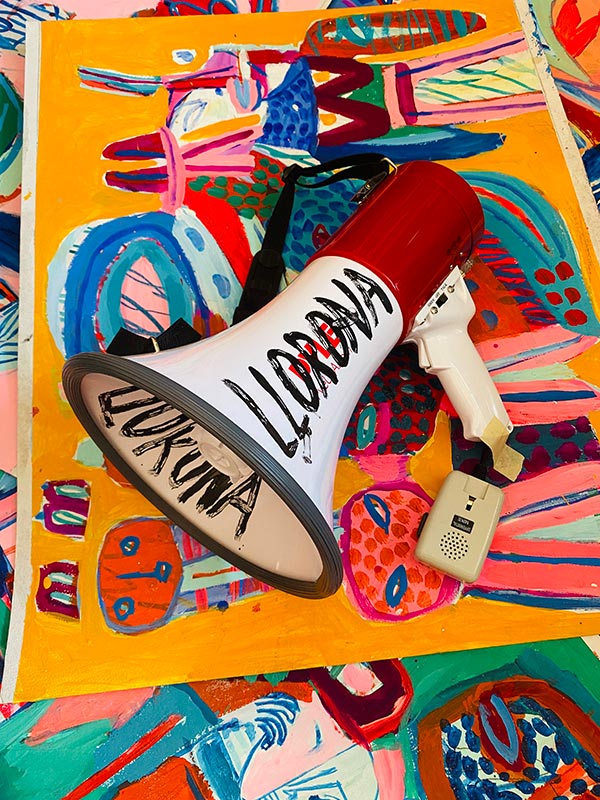
Sólo las ollas saben los hervores de sus caldos - Only pots know the boiling of their broths
¡Te están haciendo de chivo los tamales! - They’re making your tamales out of goat!
En todos lados se cuecen habas - Broad beans are cooked everywhere
Vas a estar pariendo chayotes - You’re gonna be giving birth to chayotes
De plato a la boca, se cae la sopa - From the plate to your mouth, the soup falls
Va de nuez - There goes a nut

